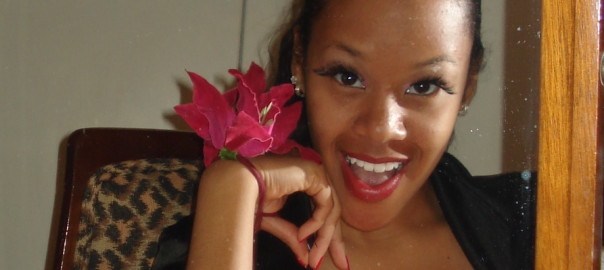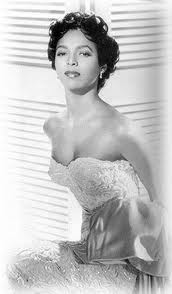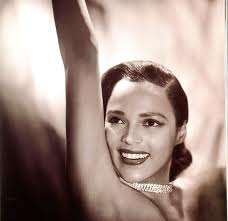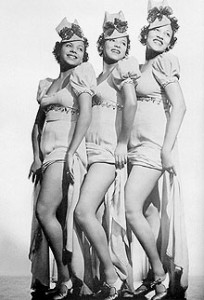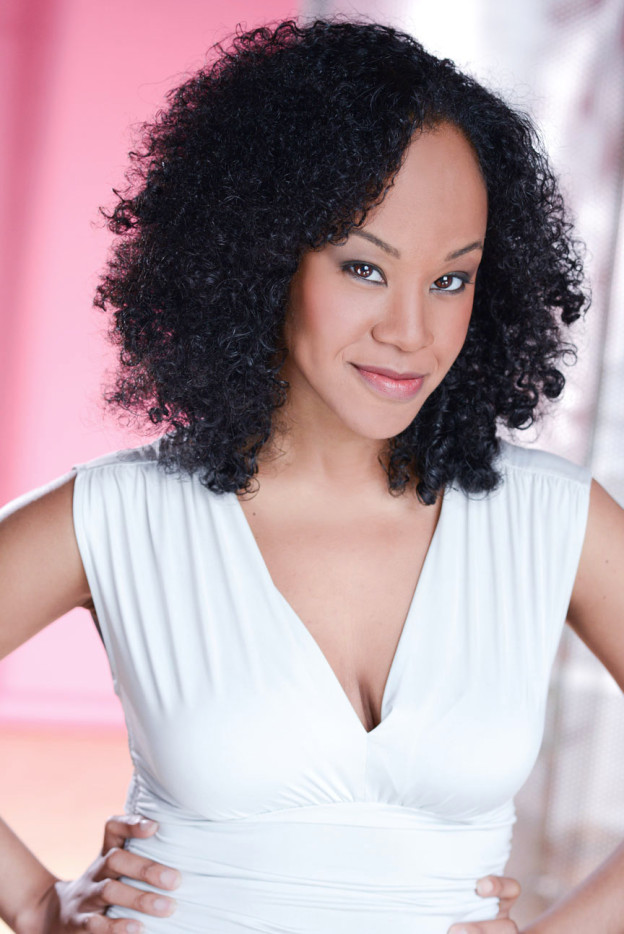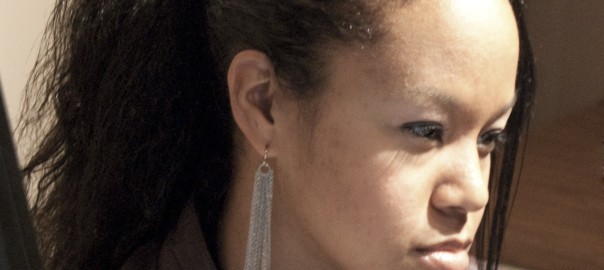We’ve all heard the phrase “you are what you eat,” right? Lately I find what I’m reading is showing up in my life way more than anything I’m eating is showing up in my appearance. And it’s really cool…
Example #1: This One’s Pretty Obvious.
After reading several books on managing money (authors like David Chilton, Gail Vaz-Oxlade, David Bach, Robert Kiyosaki, Dani Johnson, and George S Clason; also, listening to mp3s by T Harv Eker) I’ve begun making some serious positive changes in the ways that I handle my finances. I was pleasantly surprised that my piece on the dollars-per-use shopping rule was so well-received, but I never thought of myself as someone who others would ask for money advice from until very recently. Now maybe it’s not surprising to most of you that after I became more educated on a subject, evidence of that education began appearing in my life (I paid off one credit card this year and I’m on track to being debt-free by age 30, yay!), but read on…
Example #2: Now it Gets More Interesting!
I’m finding that biographies are impacting my daily life too, like when I read Kitty Carson’s biography on Oprah Winfrey this summer. I’m well-aware of Oprah-the-lifestyle-guru-and-media-mogul, but reading this book taught me a lot about Oprah-the-broadcaster-and-interviewer, and all of a sudden – seemingly out of nowhere – I was given the opportunity to do a live webcast interview of Destra Garcia, during one of my best weeks in recent memory (which I also blogged about). I’m not under any illusion that I’m on Oprah’s level because of this one gig, but to have that experience with one of the biggest soca artists in the world sure made me feel I could do some pretty big, impressive, Oprahesque things!
Example: #3: From Interesting to Awesome.
Let’s talk about Dorothy Dandridge. I love her story and her image and her legacy so much that it’s on my list to do a blog piece just about her, but here’s a quick synopsis for those of you who don’t know the name and haven’t already left me to go Google her.
Dorothy Dandridge was an African-American singer and actress who rose above numerous personal tragedies and professional obstacles to become the first black person nominated for a Best Actress Academy Award (1954, for Carmen Jones). After the nomination, her career plateaued and then declined, and just as it seemed she was on the comeback trail again, she died of a drug overdose. She blazed a trail for hundreds of other performers, including Halle Berry who played Dandridge in the HBO movie Introducing Dorothy Dandridge and eventually became the first African-American to win the award for which Dorothy had made history by being nominated.
So what does this have to do with me? I kid you not: things in my life have started to pop up which mirror things I’ve been reading about in her life. (I read Donald Bogle’s biography of her three times before returning it to the library this month, and did some online research too.) For one thing, the descriptions of the Dandridge Sisters (Dorothy, her sister Vivian, and their friend Etta Jones) harmonizing together and getting rave reviews definitely stuck with me because, as some of you know, deep down inside I would love to be part of a small singing group. Oooh, how exciting it must have been to sing with the big names of the time, like Nat King Cole or Jimmy Lunceford and his band. I would want to be the girl in the middle, like Dorothy was. And then what happened? Again seemingly out of nowhere, I was offered the chance to harmonize in a trio as backup for Lorne Morris, with several very talented musicians accompanying us… and guess who was in the middle?

L to R: Kelly Holiff, me, Kate Etienne, Lorne Morris (Gareth Parry is on guitar in the background, and the DOP Martin is behind Lorne with the Steadicam)
Another similarity that made itself evident was the acting connection. Dorothy always had her sights set on a career as a leading lady of the screen. I felt for much of this year that my own career was at a plateau, but while reading and rereading the biography, I found myself going to multiple acting auditions per week. (My Carmen Jones hasn’t come along yet, but hey, it didn’t happen overnight for Dorothy either!)
And finally, one of the most triumphant periods in Dorothy’s career was her travelling nightclub act – she sang and gave wonderful stage shows, which the audiences loved night after night, accompanied by talented pianists like Phil Moore (another African-American groundbreaker in the arts and entertainment scene). And wouldn’t you know it, last weekend I signed a contract to perform for two months at a resort in Dubai as part of a duo – the other performer being a talented piano player who also sings – whaaat?!? Awesome!
I’ll release more details on that gig later, and will most definitely be blogging from overseas. But all this to say, even more than what you watch on a screen or hear in your earbuds, I find that what you read in a book in your hands has a way of showing up in your life in ways you weren’t expecting. (Whether this also happens when you’re reading my blog, I have no clue lol – you’ll have to let me know!)
